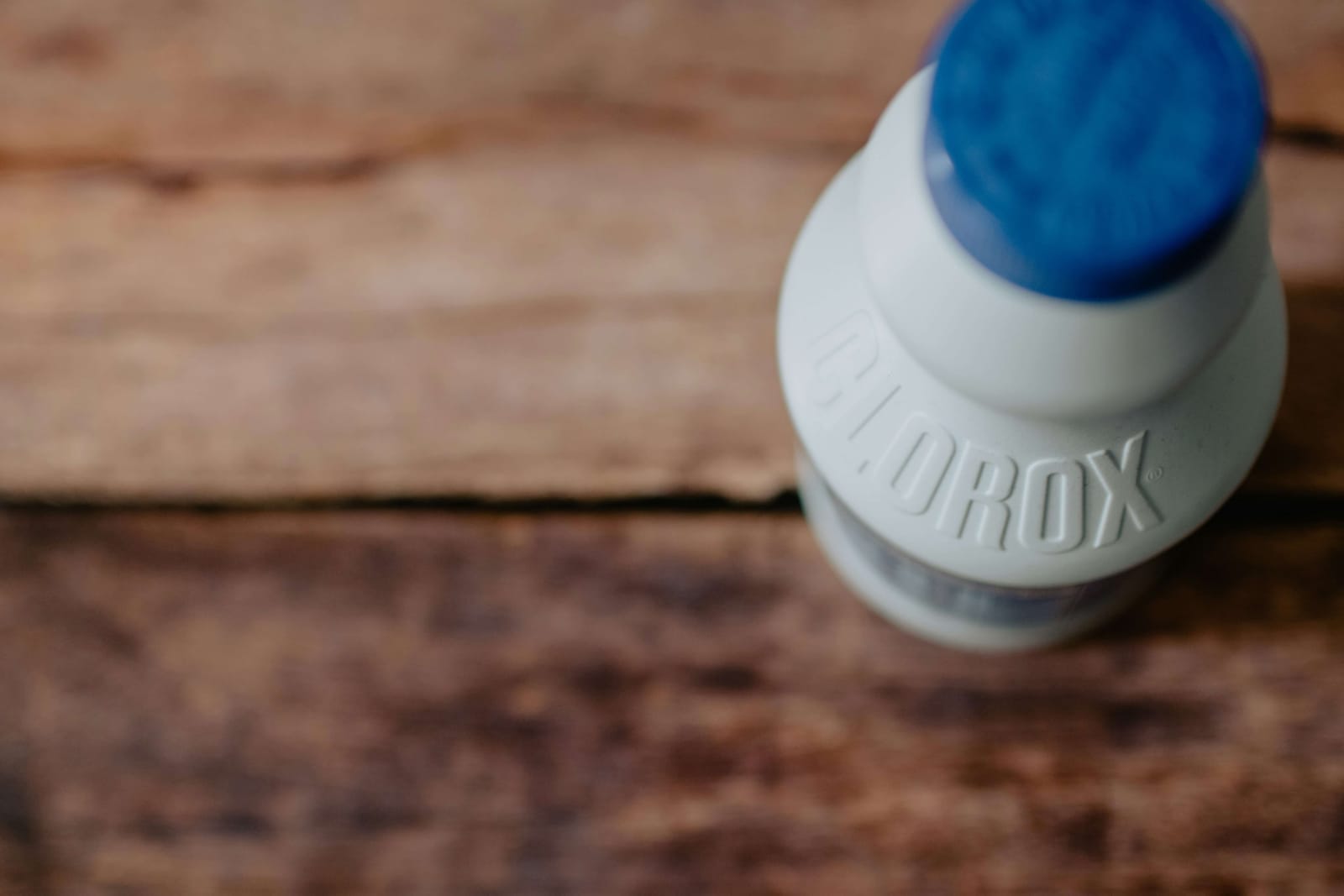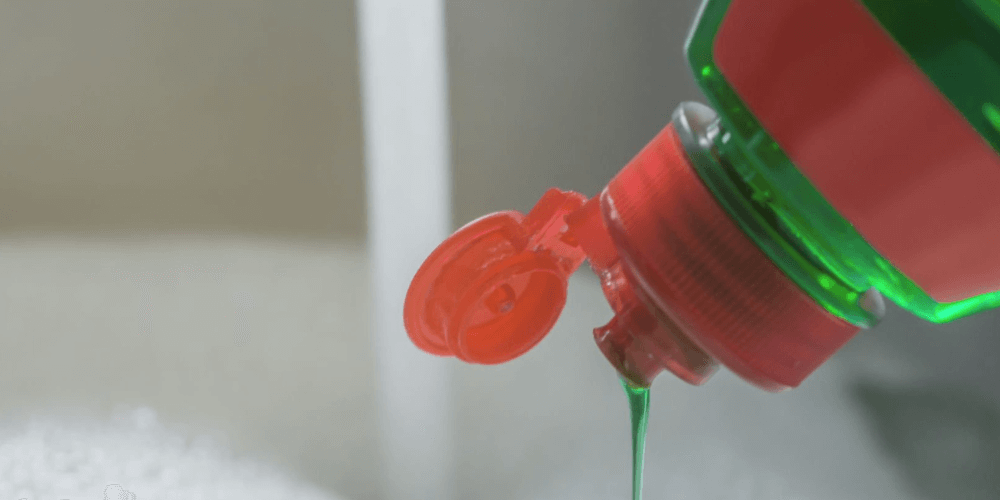Maintaining your air fryer dehydrator in top condition is essential for ensuring its performance and longevity. Regular cleaning is crucial to prevent the buildup of food residues and grease, which can affect the appliance's efficiency and the taste of your food. By following a comprehensive cleaning routine, you can ensure optimal airflow and heating, allowing you to produce delicious and healthy meals consistently.
Table of Contents
- Importance of Regular Cleaning for Performance and Longevity
- Daily Cleaning Routine
- Deep Cleaning
- Eco-Friendly Cleaning Options
- Maintenance Tips
- Troubleshooting Common Issues
Importance of Regular Cleaning for Performance and Longevity
Regular cleaning of your air fryer dehydrator is crucial to prevent the buildup of food residues and grease, which can affect the appliance's efficiency and the taste of your food. A clean appliance ensures optimal airflow and heating, producing delicious and healthy meals.
Daily Cleaning Routine
Maintaining a daily cleaning routine is essential for your air fryer dehydrator's longevity and optimal performance. Regular cleaning prevents the accumulation of food residues and grease, which can affect the appliance's efficiency and flavor of your food.
Quick Cleaning After Every Use
Removing Food Particles
Immediately after each use, ensure to remove any leftover food particles from the appliance. Using minimal oil and avoiding overcrowding of food can also help prevent residues and maintain the appliance's freshness. This quick action prevents residues from becoming stubborn and harder to clean later on, and it helps maintain the appliance's performance.
Wiping Interior Surfaces
Using a damp, soft cloth, gently wipe the interior surfaces of the appliance. Pay attention to corners and crevices where oil and food particles may accumulate. Regular wiping helps prevent grease buildup and maintains a clean cooking environment.
Cleaning the Basket/Trays and Interior
Detaching and Washing Components
Detach the basket/trays from the appliance and wash them thoroughly with warm soapy water. Use a soft brush or sponge to scrub away any residues gently. Rinse the components under running water and dry them completely before reassembling.
Interior Cleaning
Clean the interior by wiping it with a damp cloth to eliminate any grease or food splatters. Ensure that the cloth is not overly wet to avoid water entering the appliance's electrical components. Dry the interior with a clean cloth, or leave the door open to air dry.
Deep Cleaning
Deep cleaning entails a more thorough and detailed cleaning procedure that should be performed every few weeks or when you notice a buildup of residues. This routine ensures that every part of the appliance is clean, including those not covered in daily cleaning.
When and How to Perform a Thorough Cleaning
Schedule and Frequency
Perform a deep cleaning every few weeks, depending on the frequency of use and the type of food cooked. If you notice a persistent odor or visible buildup of residues, it's time for a deep clean.
Comprehensive Interior Cleaning
During deep cleaning, pay extra attention to the entire appliance interior. Check for any stuck food particles in corners and crevices, and wipe all surfaces with a suitable cleaning agent.
Cleaning the Heating Element and Exterior
Gentle Cleaning of Heating Element
Turn the appliance upside down and clean the heating element gently with a soft brush. Be cautious not to damage the element, as this could affect the appliance's performance. Remove any dust or residues that may have accumulated over time.
Exterior Maintenance
Wipe the appliance's exterior with a damp cloth to maintain shine and remove dust or smudges. Dry the surface thoroughly to avoid watermarks.
Dealing with Stubborn Residues and Odors
For parts with stubborn residues, soak them in a mixture of vinegar and baking soda. This natural cleaning agent effectively breaks down tough residues and removes persistent odors. Regular cleaning is key to preventing such odors and ensuring a fresh and clean appliance. After soaking, gently scrub the affected areas with a soft brush or sponge. Rinse thoroughly with clean water and dry the parts completely before reassembling the appliance.
Eco-Friendly Cleaning Options
Maintaining a clean air fryer dehydrator doesn't have to come at the expense of the environment. There are several eco-friendly cleaning options available that are not only effective but also safe for both your appliance and your health.
Using Natural Cleaning Agents
Vinegar
Vinegar is a versatile and natural cleaning agent that can help dissolve mineral deposits, grease, and odors. Mix equal parts of water and white vinegar to create a cleaning solution. Use this mixture to wipe down the appliance's interior, paying attention to areas with stubborn residues. Vinegar is also a natural deodorizer, leaving your appliance smelling fresh.
Vinegar and Water Solution
Ingredients:
- 1 cup white vinegar
- 1 cup water
Instructions:
- Mix equal parts of white vinegar and water in a spray bottle.
- Shake well to combine.
- Spray the solution on the interior surfaces of the air fryer dehydrator, avoiding electrical components.
- Let it sit for a few minutes, then wipe with a damp cloth.
- Rinse with clean water and dry thoroughly.
Baking Soda
Baking soda is another excellent eco-friendly cleaner. It acts as a mild abrasive, making it perfect for scrubbing away stuck-on food particles. Create a paste by mixing baking soda with a small amount of water. Apply this paste to areas with stubborn stains and let it sit for a few minutes before scrubbing. Baking soda also neutralizes odors, contributing to a fresher-smelling appliance.
Baking Soda Paste
Ingredients:
- ½ cup baking soda
- Water
Instructions:
- In a bowl, mix baking soda with a small amount of water to form a thick paste.
- Apply the paste to areas with stubborn stains or residues.
- Let it sit for 5-10 minutes.
- Scrub gently with a soft brush or sponge.
- Rinse with clean water and dry thoroughly.
Lemon
Lemon is not only a natural antibacterial and antiseptic agent, but it also has a pleasant, refreshing scent. Cut a lemon in half and use it to scrub the interior surfaces of the appliance. The acidity of the lemon helps break down grease and food residues, leaving a citrusy freshness behind.
Lemon Scrub
Ingredients:
- 1 lemon
- Salt (optional)
Instructions:
- Cut a lemon in half.
- Optionally, you can dip the cut side of the lemon in salt for extra scrubbing power.
- Use the lemon half to scrub the interior surfaces of the appliance.
- The acidity of the lemon will help break down grease and food residues.
- Wipe with a damp cloth, rinse with clean water, and dry thoroughly.
Avoiding Harsh Chemicals
Harsh chemical cleaners can be abrasive and may damage the non-stick coating of your air fryer dehydrator. They can also leave behind harmful residues that could contaminate your food. Opting for natural, eco-friendly cleaning agents ensures that your appliance remains safe and non-toxic.
Essential Oils
Consider adding a few drops of essential oils like tea tree, lavender, or eucalyptus to your homemade cleaning solutions for added fragrance and antibacterial properties. These oils impart a pleasant aroma and enhance the cleaning properties of your natural agents.
Microfiber Cloths
Using microfiber cloths instead of paper towels is an environmentally friendly choice. These cloths are reusable, highly absorbent, and effective in trapping dirt and grease, reducing the need for excessive cleaning agents.
By incorporating these eco-friendly cleaning options, you can maintain the cleanliness and efficiency of your air fryer dehydrator while minimizing your environmental impact.
Maintenance Tips
Checking and Replacing Parts if Necessary
Regularly inspect the appliance for any wear and tear. Replace any damaged parts promptly to avoid any performance issues.
Storing the Appliance Properly
Store your air fryer dehydrator in a cool, dry place when not in use. Ensure that it is unplugged and all parts are dry before storing.
Troubleshooting Common Issues
Address any cleaning-related issues promptly. If you notice unusual odors or residues, refer to the appliance's manual for troubleshooting tips or contact the manufacturer's customer service.
Preventing Residues and Odors
Maintaining a clean and fresh-smelling air fryer dehydrator is not just about cleaning; it's also about preventing residues and odors from forming in the first place. Here are some tips to help you keep your appliance in top condition:
Using Minimal Oil
Why It's Important
Using excessive oil can lead to the accumulation of residues and contribute to unpleasant odors over time. By minimizing oil use, you reduce the risk of buildup and make the cleaning process easier.
Tips for Minimal Oil Use
Opt for oil sprayers or brushes to apply a thin, even layer of oil to your food. This technique ensures that you use only the necessary amount, preventing excess oil from dripping and collecting at the bottom of the appliance.
Avoiding Overcrowding of Food
Importance of Proper Spacing
Overcrowding the appliance with too much food can hinder air circulation, leading to uneven cooking and the formation of residues. Proper spacing allows for optimal airflow and better cooking results.
Arrangement Tips
Arrange food items in a single layer with sufficient space between each piece. If cooking in batches, avoid stacking or layering food on top of each other, as this can result in sticky residues and uneven dehydration or frying.
Regular Cleaning and Maintenance
Routine Cleaning
Adhering to a regular cleaning routine helps prevent the accumulation of food particles and grease, which are the primary sources of odors. Cleaning the appliance after each use ensures its freshness and readiness for the next cooking session.
Maintenance Checks
Periodically inspect the appliance for any signs of wear and tear, especially on the seals, heating element, and trays. Promptly addressing minor issues can prevent bigger problems and contribute to the appliance's longevity.
Using Odor Absorbers
Natural Absorbers
Consider placing natural odor absorbers like baking soda or coffee grounds inside the appliance when it's not in use. These substances can help neutralize odors and maintain a fresh-smelling interior.
Replacement and Removal
Replace the odor absorbers regularly to ensure their effectiveness. Remember to remove them before using the appliance to avoid any unintended flavors in your food.
By implementing these preventive measures, you can significantly reduce the formation of residues and odors, making the cleaning process more manageable and extending the life of your air fryer dehydrator.
Further Reading
- Check out the article 'How to Deep Clean Your Kitchen From Top to Bottom' by Martha Stewart on her website for expert tips and detailed instructions, providing a thorough guide on giving your kitchen a comprehensive cleanse.
- After mastering the basics with our guide on 'How to Use an Air Fryer Dehydrator & Recipe Ideas', ensure your appliance stays in top condition by learning 'How to Clean an Air Fryer Dehydrator'.



